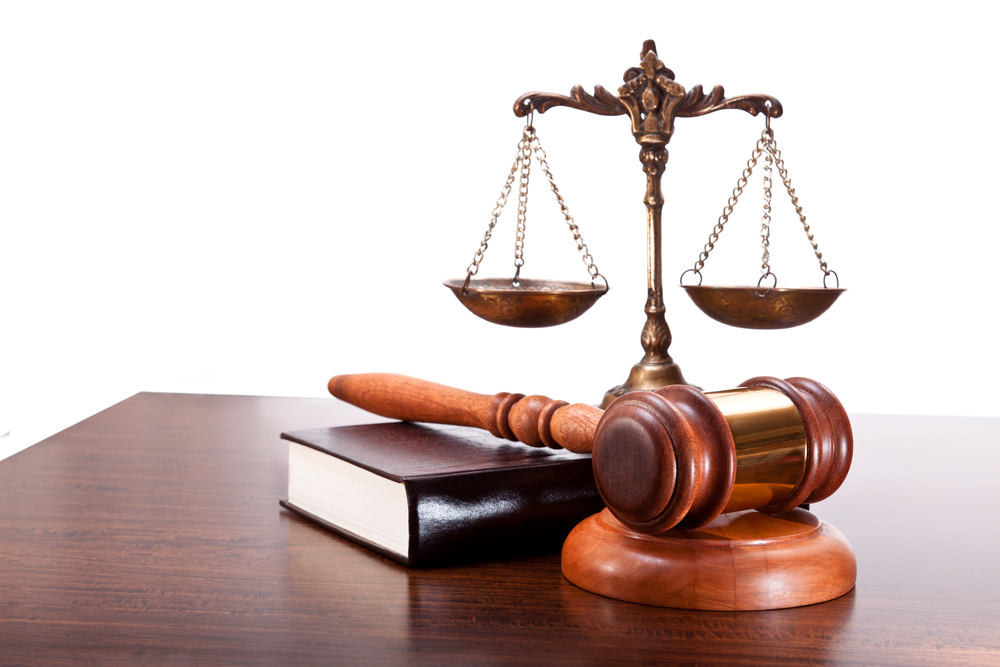As we barrel headlong through the digital age, we are forced to confront new challenges to freedom of speech, privacy, and open government. The European Union recently blazed its own trail on these issues, giving those of us in North America a chance to see how their experiment in balancing these interests succeeds or fails.
The Internet has no borders, and that’s part of the challenge.
A big part of this is “the right to be forgotten.” What exactly does that mean? It means one thing in countries where individual liberties are assiduously protected and quite another thing in countries with repressive regimes.
What Is the Right to Be Forgotten?
The right to be forgotten is similar to the right to privacy in that it originally stems from long-held beliefs that individuals have inherent autonomy and therefore should have maximum independence on fundamental decisions about how we live our lives. This includes some ability to let the past fade into oblivion.
Democratic sovereignties have put the concept into practice for more than a decade now, and the EU specifically addresses it through the European Union’s General Data Protection Regulation (GDPR).
There have been one or two major rulings in Western nations, including two against Google, and heavy fines for non-compliance.
What Is the Current Consensus in the US?
Here in the United States, we enjoy our privacy at least as much as any member of the EU. Although no legislation exists directly related to the right to be forgotten, rulings based on the general concept in this country date back to at least Melvin v. Reed, a California case from 1931.
That case involved a reformed ex-prostitute acquitted of murder, whose subsequent quiet and anonymous existence was upended by a filmmaker rehashing her life story. It resulted in a court reasoning that “any person living a life of rectitude has that right to happiness which includes a freedom from unnecessary attacks on his character, social standing and reputation.”
Does that mean the right of privacy trumps free speech rights under the First Amendment?
It is important to know that the right to be forgotten is distinct from the right to privacy due to the fact that the right to privacy refers to information not publicly known, whereas the right to be forgotten involves removing information that was publicly known at a certain time, and not allowing third parties to access the information at present.
With that in mind, controversy between the practicality of establishing a global right to be forgotten and international human rights in respect to accessing information freely stokes a fire of concerns about:
- the impact of the right to be forgotten on rights to freedom of expression,
- how the two seemingly inalienable rights interact,
- and whether we are creating an environment ripe for censorship and even a rewriting of history.
On a more practical and personal level, citizens are caught between free speech and the necessity of being able to control their online presence, which has the potential to impact every aspect of life – including employment.
Still, in the US, transparency, free speech, and the right to know have typically been favored over the obliteration of truthfully published information regarding individuals and corporations.
Is there a world in which we can enjoy both the human right to be forgotten and the human right to know and be known? Only time – and court opinions – will tell.
Marks Gray and I represent news organizations and people with legal concerns about privacy, free speech, access to public records and meetings, and how to stay within the law when publishing. If you have any questions about these issues, please contact me at 904-807-2179 or [email protected].
